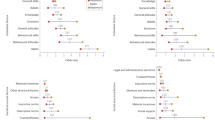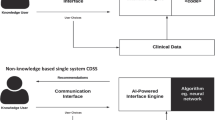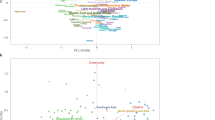Abstract
THE discussion in these columns which has followed Mr. Buchanan-Wollaston's letter in NATURE of August 3 tempts me, as yet a third member of University College, London, to try to express my views on an interesting, but evidently controversial, subject. Others besides myself have, I know, welcomed a reminder from the author of the ” Grammar of Science” that, in the fullest sense of the terms, we are concerned not with the truth or falsehood of a hypothesis, but with the extent to which it graduates our observations of Nature. I fancy that if Mr. Buchanan-Wollaston were to consider specific examples he might find it a little difficult to substantiate the statement, made in his letter in NATURE of November 2, that hypothetical frequency distributions are of two radically different kinds. If I understand him correctly, he suggests, for example, that the Normal curve sometimes falls into one category, sometimes into the other. But can he really maintain that this distribution curve with its infinite limits for the variable is ever anything but a graduation formula ?
This is a preview of subscription content, access via your institution
Access options
Subscribe to this journal
Receive 51 print issues and online access
$199.00 per year
only $3.90 per issue
Buy this article
- Purchase on Springer Link
- Instant access to full article PDF
Prices may be subject to local taxes which are calculated during checkout
Similar content being viewed by others
Author information
Authors and Affiliations
Rights and permissions
About this article
Cite this article
PEARSON, E. Statistical Tests. Nature 136, 833–834 (1935). https://doi.org/10.1038/136833a0
Issue Date:
DOI: https://doi.org/10.1038/136833a0
Comments
By submitting a comment you agree to abide by our Terms and Community Guidelines. If you find something abusive or that does not comply with our terms or guidelines please flag it as inappropriate.



